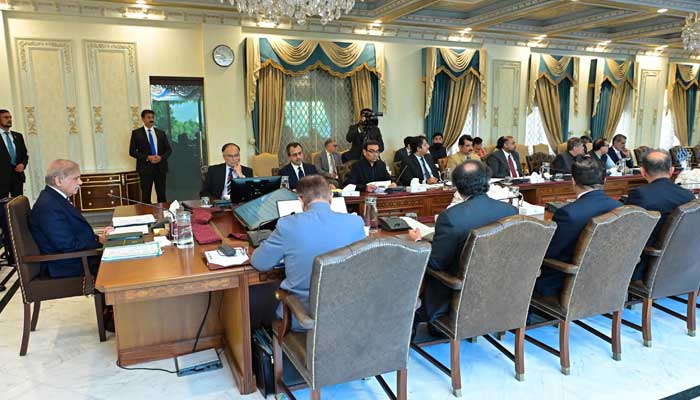
- The Cabinet Energy Committee approves the formation of ISMO.
- The board of directors of the new entity includes experts from the energy sector.
- ISMO to allow the purchase of energy from suppliers other than DISCO.
ISLAMABAD: The Ministerial Committee on Energy (CCoE) on Wednesday approved the establishment of a multi-player independent market for power generation and procurement to create a competitive environment and gradually end the government’s role as a sole buyer of electricity.
In the meeting chaired by Prime Minister Shehbaz Sharif, the committee essentially approved the constitution of the Independent System and Market Operator (ISMO) which will later be approved by the Federal Cabinet and registered with the Securities and Exchange Commission of Pakistan under the Companies Act, 2017. .
“ISMO aims to gradually reduce the role of government as the sole buyer of electricity and transform the electricity market into an independent, transparent and competitive multi-player market,” a statement from the Prime Minister’s Office (PMO) said.
Furthermore, the independent operator will also allow power consumers to purchase electricity from suppliers other than power distribution companies.
Under ISMO, long-term planning will take place for low-cost electricity production and transmission along with reduced energy prices and circular debt. ISMO’s Board of Directors will include experts from the energy sector.
The meeting participants reviewed the circular debt of the energy sector.
Speaking on the occasion, Prime Minister Shehbaz said that priority measures have been taken to reform the power sector and ordered prompt action to curb power theft and losses besides taking disciplinary action against employees of distribution companies involved in theft.
The Prime Minister also directed the relevant authorities to use modern technology to achieve reforms and reduce energy theft.
The rising cost of electricity has become a controversial political issue, with opposition parties exploiting public discontent to criticize the current government’s handling of the energy sector and agreements with independent power producers.
The burden of rising electricity prices falls disproportionately on middle- and low-income segments of society, fueling popular anger and eroding confidence in the government’s ability to manage the economy.
Analysts noted that a successful renegotiation with both domestic and international independent power producers would significantly reduce tariffs, enhance industrial competitiveness, and increase public confidence in the government’s ability to manage the economy effectively.
On the other hand, a failure to renegotiate could lead to a doubling of tariffs, putting the government and consumers under additional financial pressure, paralyzing industry, and fueling public unrest.



